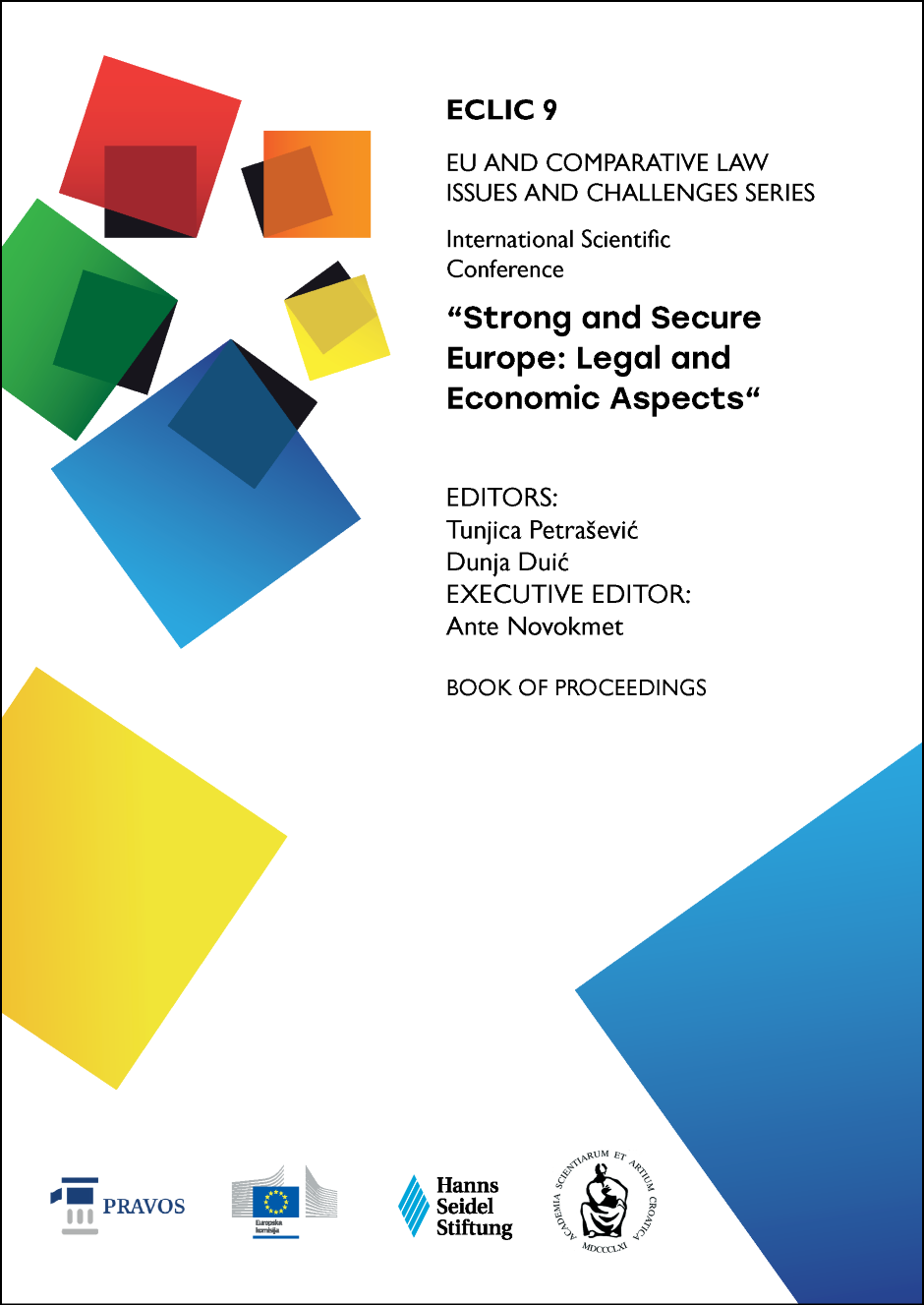DIGITAL LABOUR PLATFORM (DLP) REGULATION IN CROATIA
DOI:
https://doi.org/10.25234/eclic/38140Abstract
Digital labour platforms (DLP) represent one of the most visible results of the latest technological revolution in the world of work. Working through online platforms in the Republic of Croatia is a relatively new phenomenon which has seen significant growth in the last few years, especially since the arrival of digital platforms such as Uber, Bolt, Wolt and Glovo, which operate in Croatia in the transport and delivery services. Although this phenomenon started before the COVID-19 crisis, for many platform workers the workload increased sharply due to the impact of the pandemic. The types of work offered through platforms are ever-increasing, as are the challenges for regulators. In an effort to modernize and align Croatian labour law with the contemporary challenges, the amendments to the Croatian Labour Act governing work on digital platforms took effect on 1 January 2024, before the formal adoption of the EU Platform Work Directive in April 2024. With this regulatory harmonization, the Croatian legal framework represents one of the earliest regulations on platform work within the European Union. This paper provides a concise overview of the main novelties brought by the Croatian Labour Act, as well as the key features from the EU Platform Work Directive. The analysis will also examine the Report on the state of Platform Work for the year 2024, which has to be published by the Croatian Ministry of Labour, Pension System, Family and Social Policy by 31 January 2025, being the first report since the implementation of the Unified Electronic Work Records (“JEER”) system. The report is expected to provide a more detailed insight into the state of platform work in Croatia. A particular emphasis will be placed on foreign migrant workers, whose number is constantly growing and who are often employed as platform workers. Conclusions will be drawn on the necessary legislative changes during the formal alignment with the adopted directive.
Downloads
Published
Issue
Section
License
Copyright (c) 2025 Jelena Tadić Cegnar

This work is licensed under a Creative Commons Attribution-NonCommercial 4.0 International License.
Authors retain the copyright on the papers published in the Journal, but grant the right of first publication to the Journal. Papers accepted for publication or already published in ECLIC of the Faculty of Law in Osijek may be published by the author(s) in other publications only with proper notice of its previous publication in ECLIC.


